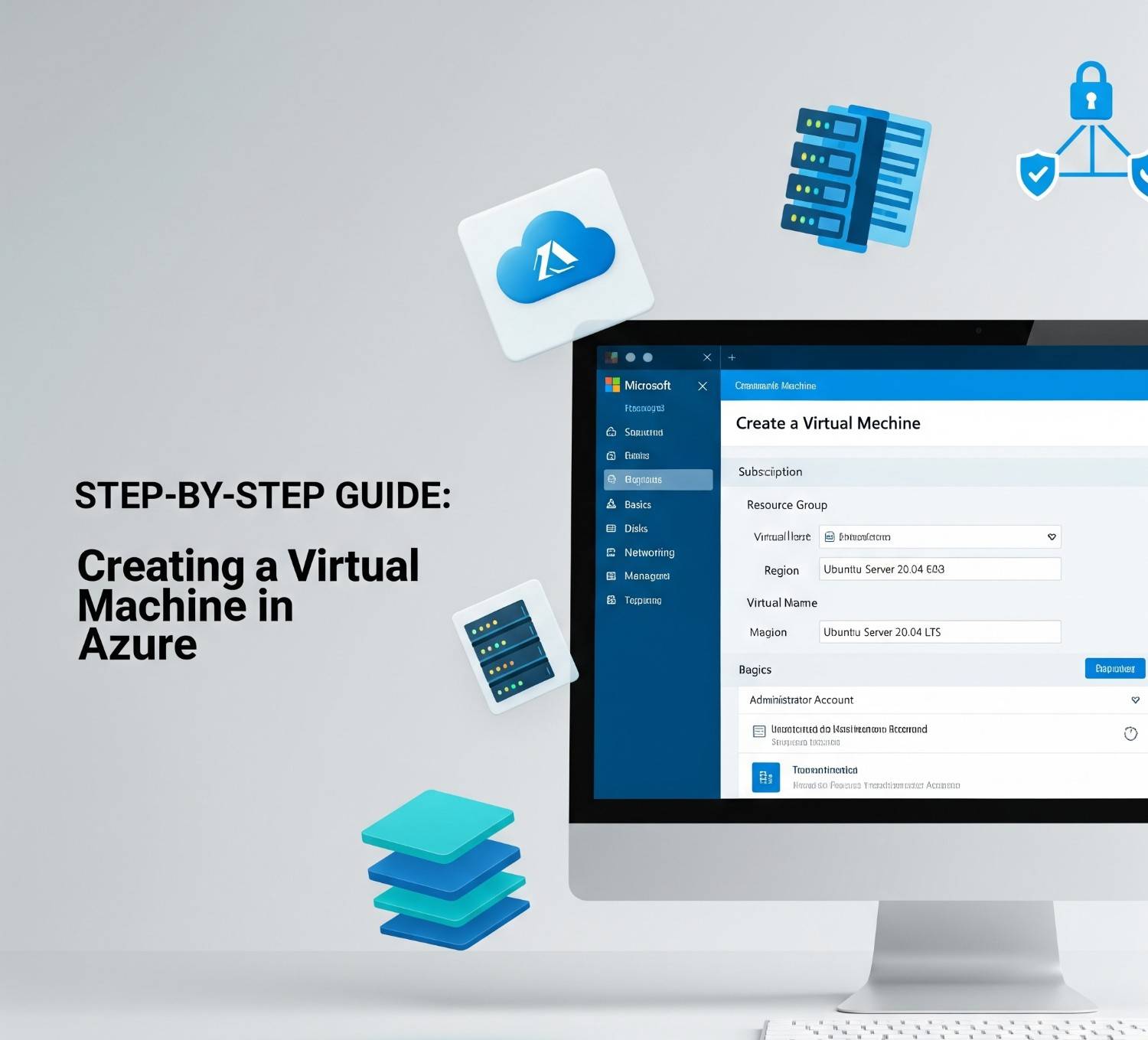In today’s digital era, software has become the backbone of nearly every industry. From healthcare and finance to education and entertainment, the demand for innovative software solutions is higher than ever. Starting a software company can be one of the most rewarding ventures — both financially and creatively. However, it also requires proper planning, technical knowledge, business strategy, and the right mindset to succeed.
If you’ve ever dreamed of launching your own tech startup, this comprehensive guide will walk you through everything you need to know about how to start a software company — from ideation to execution and growth.
Understand the Market and Identify a Niche
Before diving into development, it’s essential to understand what problem you’re solving and who your target audience is. Conduct thorough market research to analyze industry trends, existing competitors, and customer pain points.
Ask yourself:
- What type of software is in high demand right now?
- Are there gaps in the current market that you can fill?
- Who are your ideal customers — businesses or consumers?
For example, you might notice a rising need for AI automation tools, SaaS (Software as a Service) solutions for remote teams, or cybersecurity software for small businesses. The clearer your niche, the easier it will be to market and differentiate your company.
Develop a Business Plan
Every successful business starts with a solid plan. A business plan outlines your goals, target audience, monetization strategies, and financial projections. It not only guides your decisions but also helps attract investors and partners.
Your software company’s business plan should include:
- Executive Summary: A brief overview of your company’s mission and vision.
- Market Analysis: Insights from your research about demand, competition, and pricing.
- Product or Service Description: What kind of software you’ll build (SaaS, mobile app, enterprise software, etc.).
- Marketing Strategy: How you’ll reach and retain customers.
- Revenue Model: Will you charge a one-time fee, subscription, or freemium model?
- Financial Plan: Startup costs, expected profits, and funding requirements.
A well-drafted business plan helps ensure that your company is built on a strong foundation.
Choose a Business Model
There are several ways a software company can make money. Your choice depends on your niche, customer type, and long-term goals. Common software business models include:
- SaaS (Software as a Service): Customers pay monthly or yearly subscriptions to use cloud-based software. (e.g., Slack, Zoom)
- License-Based Model: Customers purchase licenses for a one-time fee or annual renewal.
- Freemium Model: Offer a free version with limited features, encouraging users to upgrade later. (e.g., Spotify, Notion)
- Custom Software Development: Build tailor-made software for clients.
- Mobile App Monetization: Generate revenue through ads, in-app purchases, or paid downloads.
Choose a model that aligns with your target audience and provides scalability.
Register Your Business and Handle Legal Formalities
Next, make your business legally official. Choose a unique name for your software company and register it under the appropriate business structure, such as:
- Sole Proprietorship
- Private Limited Company
- Limited Liability Partnership (LLP)
- Corporation (if abroad)
You’ll also need to:
- Obtain a business license and tax registration.
- Protect your intellectual property (IP) through trademarks or patents.
- Create terms of service, privacy policies, and software licensing agreements to safeguard your work.
Hiring a business lawyer or consultant can help you navigate these legal aspects efficiently.
Build a Strong Technical Team
A software company’s strength lies in its people. If you’re a developer yourself, that’s a great start. However, to scale effectively, you’ll need a team that complements your skills.
A typical software startup team includes:
- Software Developers/Engineers – Build and maintain the product.
- UI/UX Designers – Design a user-friendly interface.
- Quality Assurance (QA) Testers – Ensure the product runs smoothly.
- Product Manager – Oversees development progress.
- Sales & Marketing Team – Promote and sell your product.
- Customer Support – Handle user queries and feedback.
You can start small — even with just two or three people — and expand as your company grows.
Develop Your MVP (Minimum Viable Product)
Instead of spending months or years building a perfect product, focus on creating an MVP (Minimum Viable Product) — a basic version of your software with essential features that solve the core problem.
The MVP allows you to:
- Launch faster and test your idea in the real market.
- Gather user feedback early on.
- Save time and money by avoiding unnecessary features.
Once you receive feedback from early users, you can continuously improve and expand your software based on their needs.
Secure Funding (If Needed)
Starting a software company doesn’t always require massive funding — but if your idea is big, you may need external investment.
Here are some funding options to explore:
- Bootstrapping: Use your personal savings to start small.
- Angel Investors: Individuals who invest in promising startups.
- Venture Capital (VC): Firms that fund high-growth companies.
- Government Grants & Startup Programs: Many countries offer tech startup support.
- Crowdfunding Platforms: Websites like Kickstarter or Indiegogo.
Investors are more likely to support you if you have a working MVP, a clear business model, and early traction.
Establish an Online Presence
Your software company’s online presence is vital for credibility and marketing. Start with:
- A professional website showcasing your software, features, pricing, and contact details.
- Social media accounts on platforms like LinkedIn, X (Twitter), Instagram, and YouTube for marketing and engagement.
- Content marketing through blogs, tutorials, and case studies to demonstrate your expertise.
- SEO and digital ads to attract potential users to your website.
You can also offer free trials or demos to encourage users to experience your product before committing.
Implement a Marketing and Sales Strategy
Even the best software won’t succeed without effective marketing. Focus on both inbound and outbound marketing strategies:
- Inbound Marketing: Use SEO, blogging, email newsletters, and YouTube videos to attract customers organically.
- Outbound Marketing: Run paid ads, cold outreach, and collaborations with influencers or affiliates.
- Partnerships: Collaborate with other tech companies or resellers to expand your reach.
Track metrics such as conversion rates, website traffic, and customer feedback to optimize your campaigns.
Scale and Innovate Continuously
Once your software gains traction, focus on scaling your operations. This might include:
- Expanding your team to handle more users.
- Adding new features or launching complementary products.
- Entering new markets or industries.
- Offering 24/7 customer support and localization for global users.
Remember: the software industry evolves rapidly. Stay ahead by adopting the latest technologies such as AI, cloud computing, cybersecurity enhancements, and automation.
Conclusion
Starting a software company is a challenging but incredibly rewarding journey. It requires a mix of technical expertise, strategic thinking, and business acumen. By following the steps — from market research and business planning to product development and scaling — you can build a company that not only generates revenue but also solves real-world problems.
The key is to start small, learn fast, and innovate continuously. With passion, persistence, and a clear vision, your software company can become the next big success story in the tech industry.


